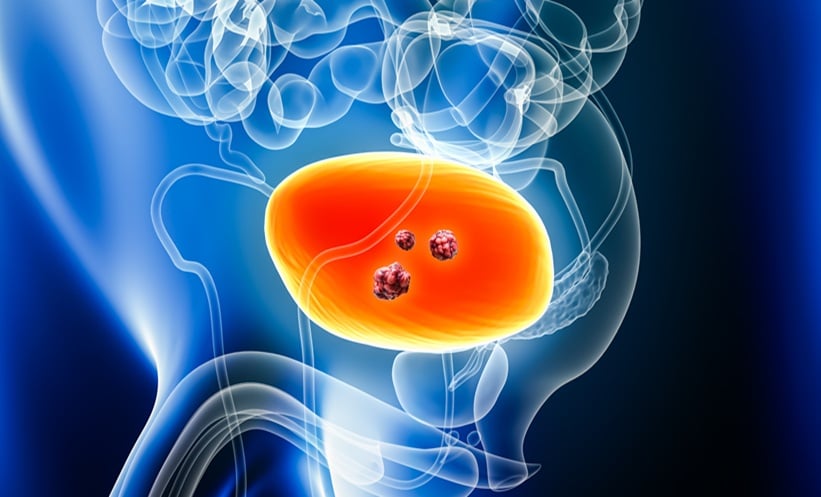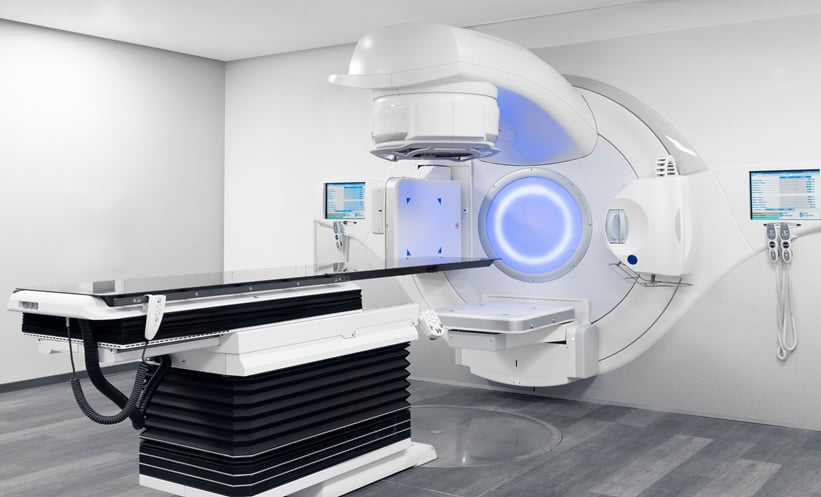THE UPDATED 2025 European Association of Urology (EAU) guidelines for muscle-invasive and metastatic bladder cancer (MMIBC) offer a comprehensive summary of evidence-based recommendations to guide clinicians in the diagnosis, treatment, and follow-up of MMIBC. These guidelines aim to support multidisciplinary teams in making informed, individualised decisions that align with patient values and clinical judgement, while also addressing the evolving therapeutic landscape.
A systematic review of the literature underpins the updated guidance, with recommendations shaped by the strength and certainty of the available evidence and a careful consideration of benefits, risks, and patient preferences. Key updates in the 2025 guidelines reflect substantial developments in both systemic and local therapies. Among the notable changes is a new recommendation for the use of erdafitinib in patients with unresectable or metastatic urothelial carcinoma harbouring susceptible FGFR3 alterations. In surgical practice, updated guidance now supports selective preservation of sexual organs in women and recommends revised approaches to lymph node dissection following radical cystectomy, informed by recent SWOG trial data.
Additionally, the guidelines endorse adjuvant nivolumab for patients with pT3/4 and/or pN+ disease who are unsuitable for, or have declined, cisplatin-based chemotherapy. There are also fresh recommendations regarding salvage cystectomy after trimodality bladder-preserving therapy, with strong emphasis on shared decision-making and treatment planning in multidisciplinary settings. In the metastatic context, trastuzumab deruxtecan is newly recommended for HER2-positive patients, while sacituzumab govitecan has been removed following withdrawal of FDA approval.
The 2025 guidelines also include an updated follow-up protocol and fully revised management algorithms for MIBC, reflecting recent advances and improved clinical understanding. Despite their breadth, the guidelines are not intended to override clinical expertise or dictate legal standards of care. Rather, they serve as a structured framework to assist clinicians in delivering high-quality, patient-centred care. While limitations remain, such as variability in evidence quality and patient diversity, the updated EAU guidelines offer a valuable and practical tool to support consistent, evidence-informed management of MMIBC in contemporary urological practice.
Reference
van der Heijden AG et al. European Association of Urology guidelines on muscle-invasive and metastatic bladder cancer: summary of the 2025 guidelines. Eur Urol. 2025;87(5):582-600.








